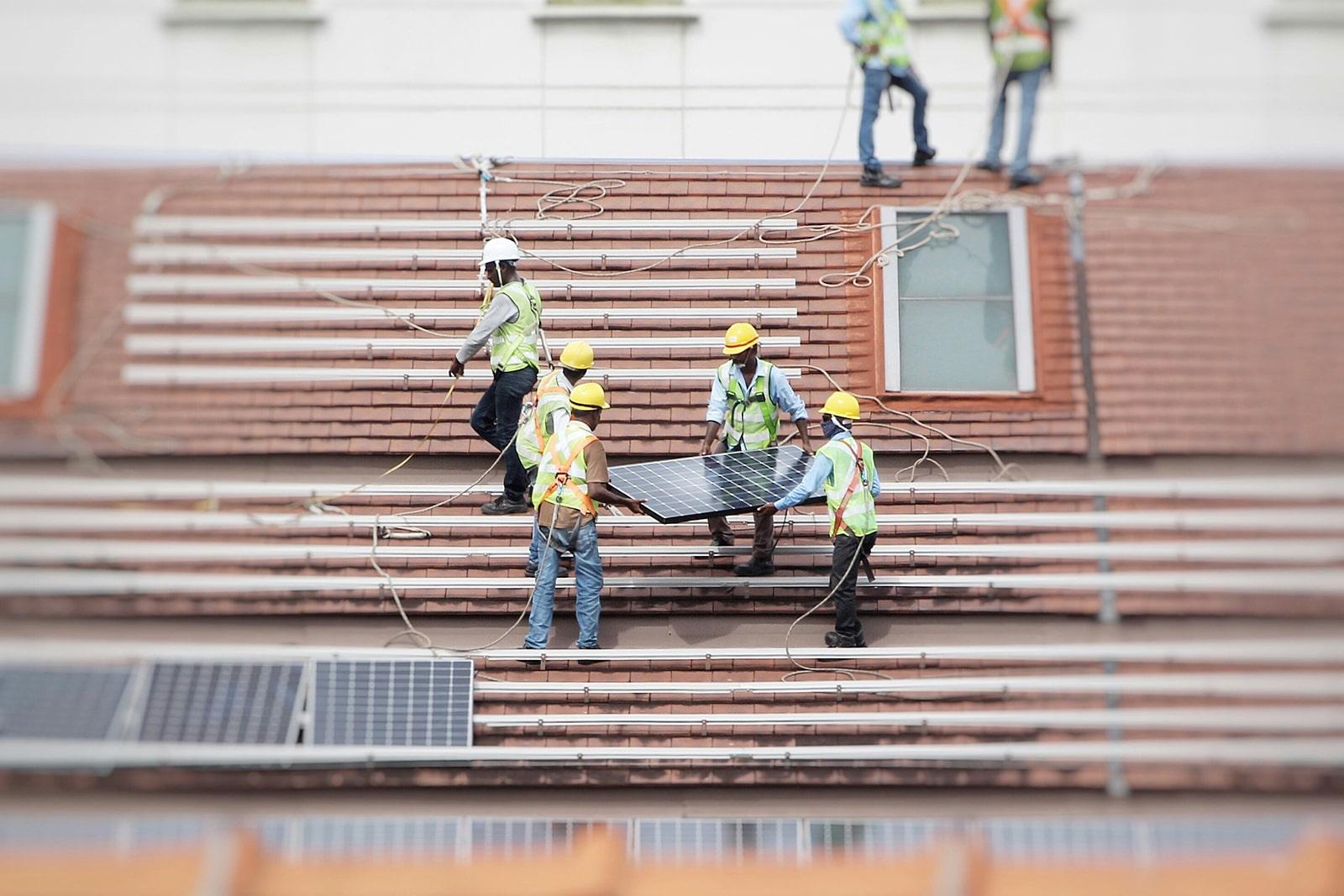This project aims to understand attitudes and perceptions of the potential users and to develop a system of incentives and interventions aimed at a higher renewable energy uptake in Indonesia.
1 October 2022

Transition to net zero among others relies on the transition to clean energy sources, which requires the involvement of multiple stakeholders, such as major energy generators, residential areas and businesses. In Indonesia, the government actively promotes solar energy at a policy level, in particular, solar rooftops and floating solar panels. However, the uptake of these solutions turned out to be significantly lower than expected. Behaviour including users’ perception about the new sources of energy is one of the major barriers to the popularisation and productive use of solar energy.
This project aims to understand attitudes and perceptions of the potential users and to develop a system of incentives and interventions aimed at a higher renewable energy (RE) uptake. We aim to focus on several case studies on Java island that would cover both business end users and private households. We will engage with private households in two locations:
- Jakarta, providing context for studying the implementation of PV rooftops in densely populated urban areas; and
- Sleman Regency, providing a context of peri-urban area for comparative analysis with urban areas.
When engaging with private households, we aim to analyse attitudes and perceptions of the users using mixed methods (data mining and data analytics of social media, vignette survey and thematic analysis of interviews). We can then formulise our understanding of potential users’ behaviours in adopting solar energy as an agent-based model (ABM). This model can be then used to analyse interventions that optimise the uptake of the solar energy.
Regarding industrial end users, we will engage with current/potential users of RE to explore conditions for and barriers to adopting RE. Then we will then use soft systems thinking approach to engage with these industrial partners to develop a shared understanding of how investing in renewable energy can help them achieve their business objectives and on what conditions it can be fully integrated with the national grid, e.g., selling energy back to the grid. The shared understanding developed by the industrial end users will be also used to inform the ABM.
To facilitate adoption of RE in Indonesia, using findings from the exploration of RE implementation with different groups of stakeholders, we will engage with the grid operator and RE developers to help them understand the barriers to RE adoption and collectively develop adopting strategies for the future market structure. Then we will engage with the policy makers to revise renewable energy policy based on the findings of the study, investigate different scenarios of RE adoption (using ABM), explore opportunities (i.e., potential for expanding renewable energy using public assets) and future needs for public services (i.e., strategy for electrification of public transportation) for resilient future of the cities, and explore different potential policy interventions with their implications (using a gamified simulation). Ultimately, we will co-create a roadmap for RE adoption in Indonesia supported with policy recommendations.
The project was led by Dr Hilya Mudrika Arini from the Universitas Gadjah Mada in collaboration with Dr Agnessa Spanellis, Coventry University, Heriot-Watt University and the Institut Teknologi Bandung. The project is UKICIS-funded.